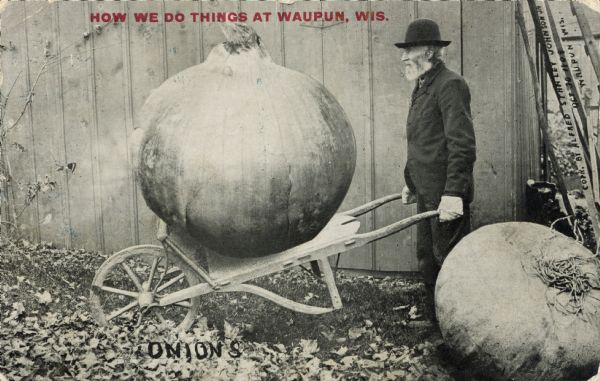Things were better back then

"Onions" (1909) by Alfred Stanley Johnson Jr.
Were things better "back in your day"? The saying is common and it seems like everyone can use it. Even I, though I'm only 19 years old, can sometimes say that things were better back when I was a kid, especially when comparing my own upbringing to children of the 2010's. So I guess some thing were better back then. But how far back does the betterness go? Ten years? Fifty? A hundred? More? Well, there is one way to find out! Let's read some historical fiction!
So what is historical fiction? Do classics count? The answer is that, yes, in certain cases, classics can count as historical fiction, though what is typical for this genre is that it doesn't take place in the time which in it was written. For example, Jane Austen's novels take place in the 18th and 19th century, but since they were written in that time, they do not belong to the historical fiction genre. An example of historical fiction is the novel "All the Light We Cannot See" by Anthony Doerr, which was written in the 2010's, but takes place during WWII. Thus, it is historical fiction. So, does a book have to be completely true to reality to count as historical fiction? No. Sub-genres to historical fiction include historical fantasy (including fantasy elements) and alternative history (wherein historical events are twisted to what-if scenarios). What is also typical for historical fiction is that it focuses on social and environmental aspects of certain time periods, and how certain characters in society would react to and interact with their environment. For example, "Beloved" by Toni Morrison follows the perspective of black characters living in the time slightly after the American Civil War, and tells the story of their experiences living in that time.
With this knowledge of what historical fiction entails, it's time to think about what you'd like to read for this theme. I have some experience with the genre, and I'd like to give you some recommendations!
So what is historical fiction? Do classics count? The answer is that, yes, in certain cases, classics can count as historical fiction, though what is typical for this genre is that it doesn't take place in the time which in it was written. For example, Jane Austen's novels take place in the 18th and 19th century, but since they were written in that time, they do not belong to the historical fiction genre. An example of historical fiction is the novel "All the Light We Cannot See" by Anthony Doerr, which was written in the 2010's, but takes place during WWII. Thus, it is historical fiction. So, does a book have to be completely true to reality to count as historical fiction? No. Sub-genres to historical fiction include historical fantasy (including fantasy elements) and alternative history (wherein historical events are twisted to what-if scenarios). What is also typical for historical fiction is that it focuses on social and environmental aspects of certain time periods, and how certain characters in society would react to and interact with their environment. For example, "Beloved" by Toni Morrison follows the perspective of black characters living in the time slightly after the American Civil War, and tells the story of their experiences living in that time.
With this knowledge of what historical fiction entails, it's time to think about what you'd like to read for this theme. I have some experience with the genre, and I'd like to give you some recommendations!
- "All the Light We Cannot See" by Anthony Doerr (WWII)
- "A Great and Terrible Beauty" by Libba Bray (late 19th century)
- "Clockwork Angel" by Cassandra Clare (late 19th century)
- "The Diviners" by Libba Bray (1920's)
- "The Help" by Kathryn Stockett (1960's)
And here is a list of what I might be reading:
- "Call Me By Your Name" by André Aciman (1980's)
- "The Gentleman's Guide to Vice and Virtue" by Mackenzi Lee (18th century)
- "The Interpretation of Murder" by Jed Rubenfeld (early 20th century)
- "Out of the Easy" by Ruta Sepetys (1950's)
- "The Miniaturist" by Jessie Burton (late 17th century)
Perhaps you can find inspiration from this list? Or maybe you have other books on your TBR that would fit this theme perfectly? Either way, I'd be thrilled if you decide to join me in my historical fiction exploration this month.
Happy reading!
No comments:
Post a Comment